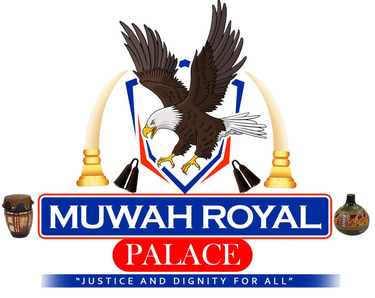
History and Legacy of the Taka Royal Dynasty and Muwah Village
You didn’t come this far to stop
THE KING OF THE PINYIN CLAN 2024 TILL DATE
The Paramount Fon of the Pinyin Clan, His Royal Majesty King Kenneth Asobo III, stands as the revered cultural and traditional leader of the Pinyin people, upholding the legacy and ancestral authority passed down through generations. His reign traces its origins from MuluhPenn, the founding leader of the Pinyin people, and continues unbroken to the present day.
As the custodian of Pinyin’s customs, traditions, and governance, His Majesty presides over the entire Pinyin Territory, encompassing its villages and communities. Under his leadership, the kingdom thrives, ensuring that the wisdom and heritage of those who ruled before him remain a guiding force for generations to come.
The historical significance of Muwah and the Taka Royal Dynasty is deeply embedded in this distinguished throne. Their roots stretch back through centuries of leadership, resilience, and cultural unity, symbolizing the enduring strength of the Pinyin people. Through the wisdom and vision of His Royal Majesty, this noble heritage continues to flourish, reinforcing the values of dignity, justice, and unity for all.
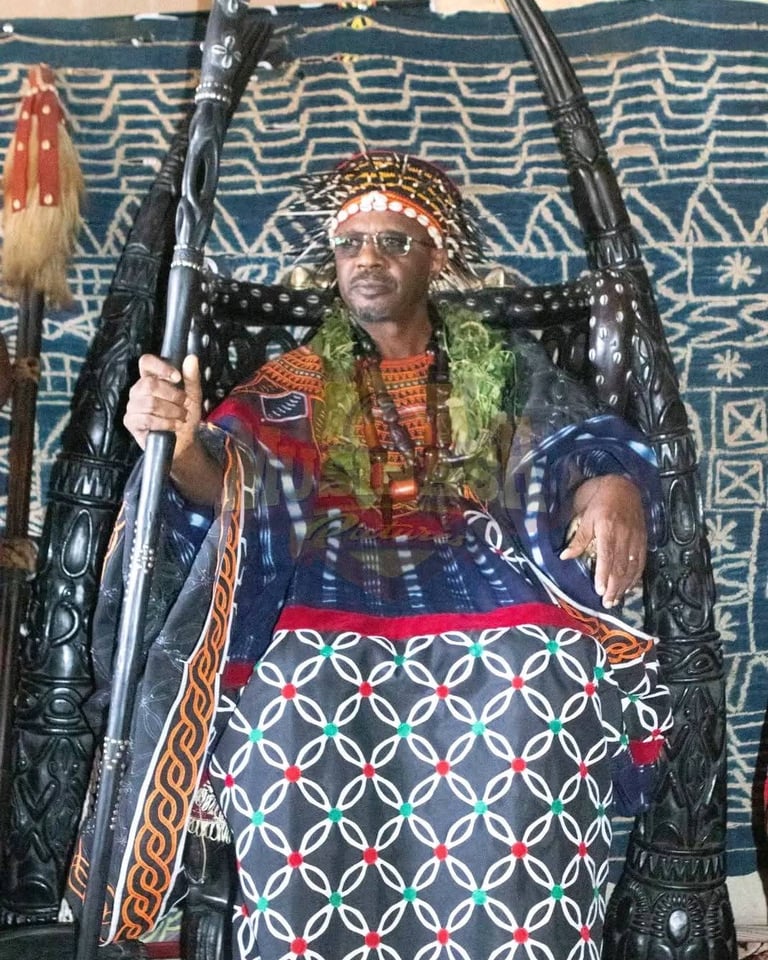

Welcome to the story of the Taka Royal Dynasty and Muwah Village, a captivating tale of resilience, unity, and visionary leadership interwoven with the rich cultural fabric of the Pinyin Clan. This legacy stands as a testament to the enduring power of tradition, innovation, and the indomitable spirit of a people bound by purpose and shared destiny.
The journey begins with Baba Taka Awasuh (1798–1911), the revered patriarch whose wisdom and foresight laid the foundation of the dynasty. Amidst challenges and a defining succession dispute, Baba Awasuh charted a new course, establishing the Taka lineage as a beacon of leadership within the Pinyin Clan. He was not merely a family head but a unifying figure for the entire community. His legacy of justice, unity, and cultural preservation remains etched in history, carried forward by his descendants.
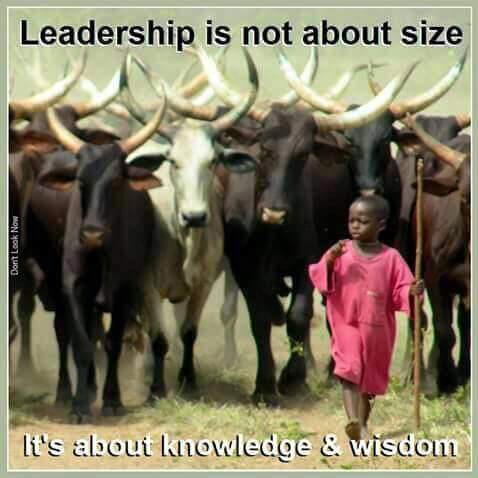

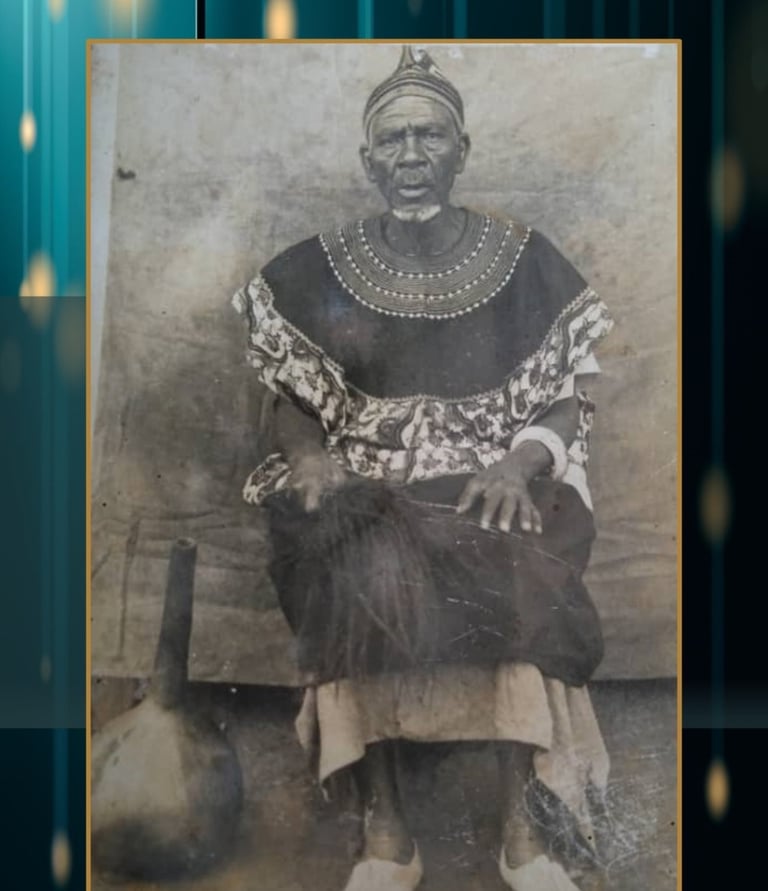

In 1911, leadership passed to his son, Moses Nchang (1865–1980), a dynamic and visionary ruler who redefined the dynasty’s future. Chief Moses migrated from Inner Pinyin to Buchi and eventually founded the community of Muwah. Drawing upon his leadership and charisma, he attracted 11 families to settle under his governance, establishing Muwah as a thriving and united village. Through his steadfast leadership, Muwah emerged as a bastion of cultural preservation, unity, and progress.
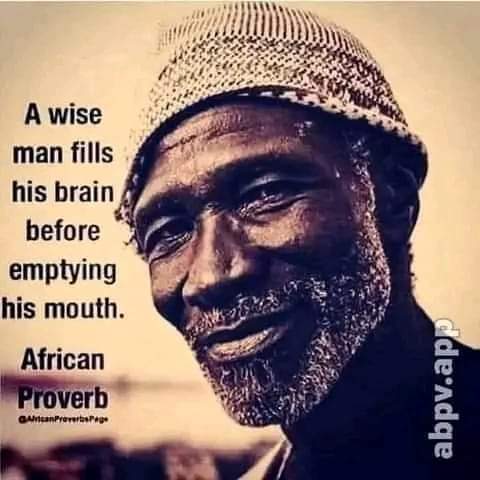

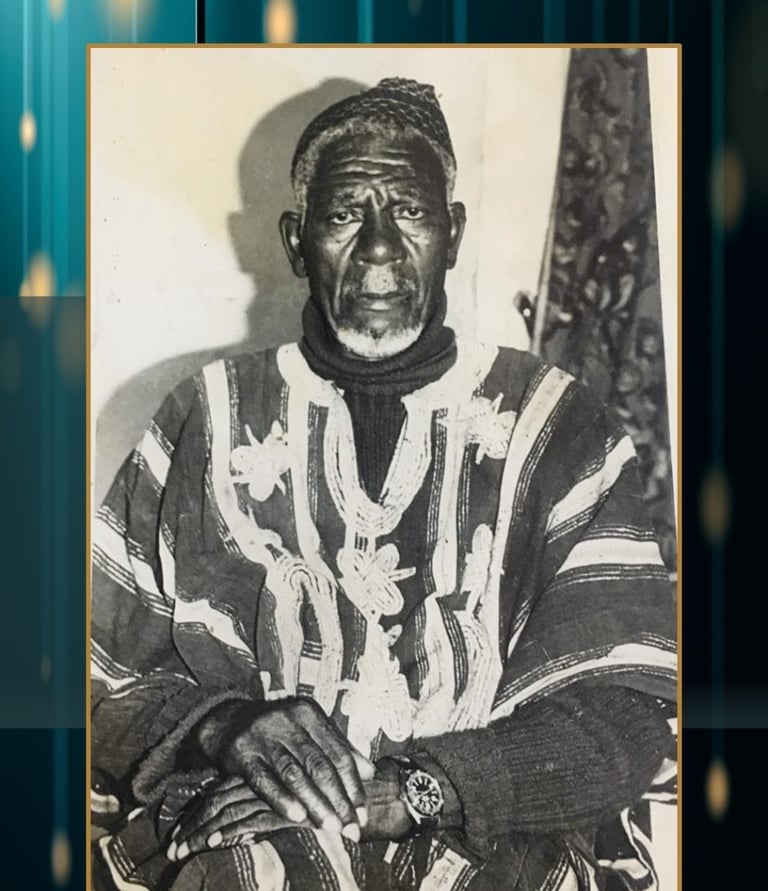

The torch was then passed to His Royal Highness King E.N. Taka III (1943–2019), who officially assumed full rulership authority in 1982. A modernizer and guardian of tradition, King Taka III bridged the gap between the old and the new, expanding the dynasty’s influence while preserving the cultural heritage of the Muwah community. Under his guidance, Muwah Village flourished as a model of cultural pride and communal harmony.
However, his unwavering commitment to truth and justice was met with significant challenges. When war was waged against him for standing by what was right, his palace was burned down in an act of aggression. Despite the pain and the community's outcry for retaliation, King Taka III rejected vengeance, upholding the principle that two wrongs do not make a right. His decision to rise above conflict set a remarkable precedent of peace and resilience.
This legacy of steadfast integrity and nonviolence remains deeply honored within the family, the village, and the entire region, solidifying King Taka III's place in history as a man of peace and an enduring symbol of moral strength.
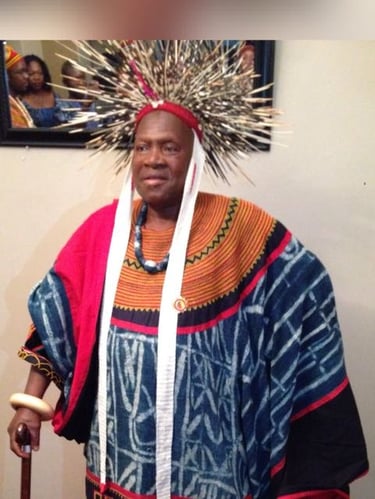

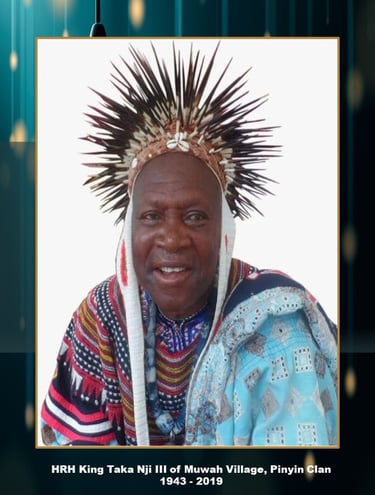

Today, the mantle is carried by His Majesty King Muluh Taka IV (2019–present), a learned and innovative leader committed to propelling the Taka Royal Dynasty and Muwah Village into an era of unprecedented growth and impact. With a Master’s in Innovation Studies and an MBA, King Taka IV combines academic excellence with years of experience in the banking sector to spearhead initiatives that strengthen the dynasty and uplift the Muwah community. His extensive travels across continents and deep understanding of global dynamics inform his vision for a dynasty and a village that thrive in unity and empower all who are part of their legacy.
Muwah Village, nestled within the Pinyin Clan, holds a special place in this narrative. It is not just a settlement but a vibrant cultural hub where heritage and progress intersect. From its founding by Chief Moses Nchang to its current status as a center of development, Muwah embodies the collective spirit of its people. The village is known for its unity, cultural celebrations, and commitment to fostering a sustainable future for the entire Pinyin Clan working together with all the positive powers that be under the partronage of Atsapifor Piyen.
Under King Taka IV's reign, the Taka Royal Dynasty and Muwah Village are embracing a transformative vision. Focused on education, healthcare, and economic empowerment, strategic boards led by experts from within the family and the broader village are driving initiatives that uplift both the dynasty and the community. The legacy of Muwah and the Taka Royal Dynasty extends beyond their immediate spheres, striving to empower the broader society and particularly the people of the Pinyin Clan.
The history of the Taka Royal Dynasty and Muwah Village is not just a chronicle of leaders and settlers but a testament to the strength of a united family and community. It is a story of triumph over challenges, the preservation of heritage, and a commitment to building a future that celebrates culture, fosters development, and inspires generations. The Map of the village is captured herein;
We invite you to explore this journey, connect with the Muwah Royal Palace, and become part of this enduring legacy of greatness. Together, we celebrate a past that inspires and a future that beckons.
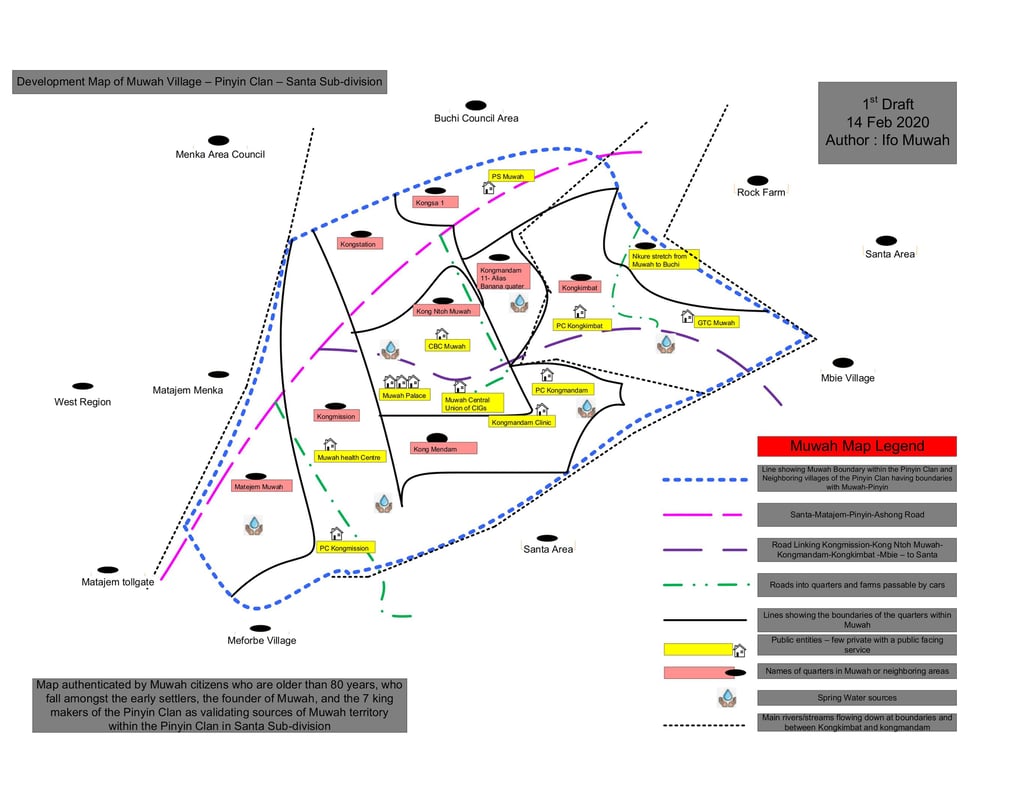

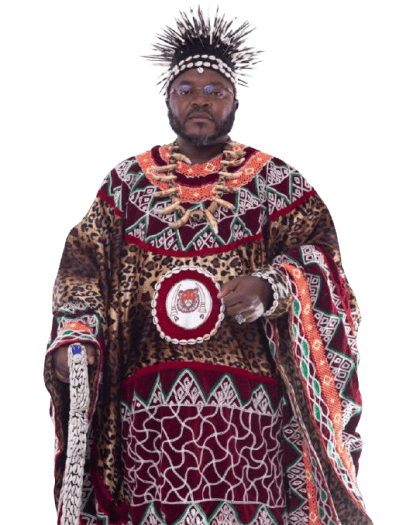



Muwah Village Code of Arms And Official Logo
Muwah Royal Palace Coat of Arms & Official Logo
The Muwah Royal Palace Coat of Arms and Official Logo is a striking emblem of power, heritage, and cultural identity. At its heart, an eagle soars from the heavens, its sharp gaze fixed below as it extends its talons to claim its prey. This majestic bird symbolizes strength, wisdom, and divine authority—qualities that define the leadership of Muwah.
Encircling the eagle are three sacred symbols: the gong, drum, and calabash. These represent the pillars of Muwah tradition—communication, unity, and sustenance. The gong echoes the voice of leadership, calling the people to order. The drum beats with the rhythm of our ancestors, signifying the heartbeat of our culture. The calabash, a vessel of nourishment and hospitality, reflects the generosity and communal spirit of Muwah.
Beneath this powerful imagery lies the motto "Justice and Dignity for All." These words embody the values that guide Muwah’s governance, ensuring fairness, respect, and honor for every individual within the community.
The emblem is adorned with the proud colors of the Muwah flag—blue, red, white, and purple. Each hue holds deep significance:
🔹 Blue represents peace and stability.
🔸 Red symbolizes strength and the bloodline of our ancestors.
⚪ White stands for purity, truth, and the wisdom of our elders.
🟣 Purple reflects royalty, dignity, and the noble legacy of Muwah.
Together, these elements form a powerful insignia that speaks to the spirit of Muwah, a land of heritage, honor, and unity, a land inside the Pinyin Clan, known as the gateway into the Clan. The Muwah Royal Palace Coat of Arms and Official Logo stand as a testament to our enduring traditions and our vision for a just and dignified future.
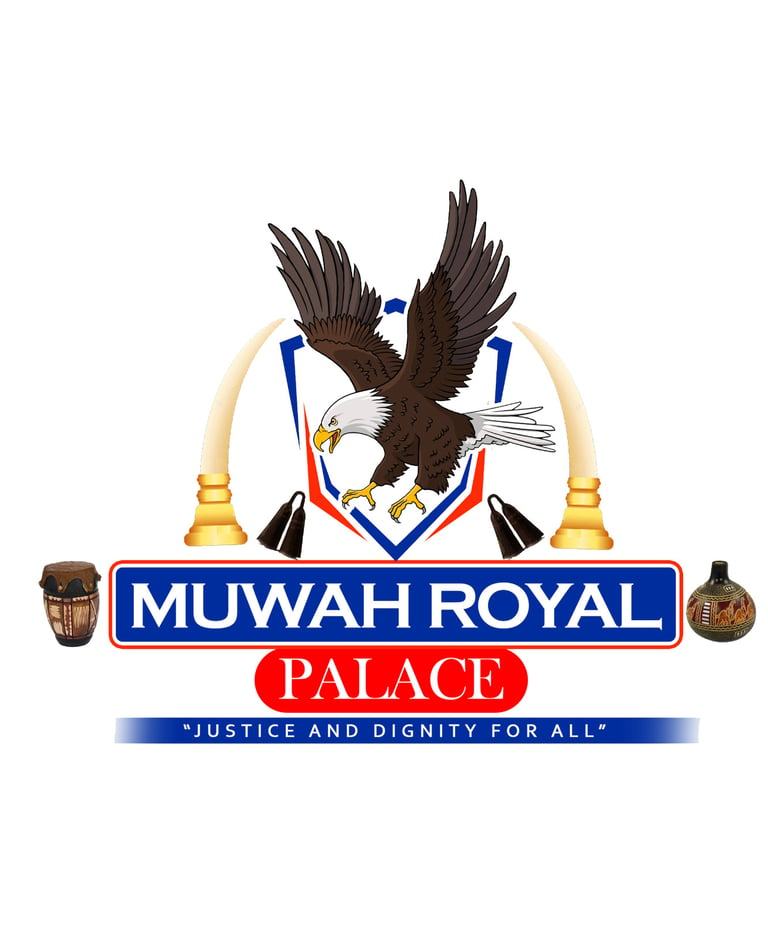

Titles for men, women, and youths in Muwah - under Pinyin Culture:
For Men
1. Nformi Muwah – A high-ranking warrior and noble protector of the fondom.
2. Teka’Fo’o Muwah – Pillar of the King, signifying a trusted right-hand figure in governance.
3. Ndunghe-Ifo’o – A respected custodian of traditions and an influential leader.
4. Mbifoh Muwah – Guardian of the Throne, reflecting loyalty and devotion to the fondom.
6. Nizene Ifo’o – A noble title for a wise and strategic leader in the kingdom.
7. Ntsunghe-Nto’o Muwah – Bridge of the Throne, representing a man who connects people and strengthens the monarchy.
9. Ntumfo’o Muwah – Voice of the Throne, for someone who speaks and acts on behalf of the king.
10. Muwah Chief Priest ( Mbu’u nkemeh Muwah ) - A messenger to and from the gods to the throne and fondom
For Women
11. Yaa Nformi Muwah – A noblewoman recognized for her strength and leadership.
12. Mafor Muwah – A prestigious title for a woman with royal influence and high status.
13. Ngang Fo’o Muwah – Keeper of Wisdom, given to a woman who preserves traditions and advises the throne.
14. Sanghe- Ntoh Muwah - Royal Star, honoring a woman whose contributions shine in the kingdom.
15. Nipunghe Ntoh Muwah – A respected title for a woman who stands as a pillar of the royal household.
16. Yaa Mbi Muwah – Mother of the People, recognizing a woman’s role in nurturing and uplifting society.
17. Ma’ah Fo’o Muwah – Queen Mother, a title given to a woman with strong influence in royal and communal matters and this woman is the fons mother
18. Ndzesi Muwah – Pillar of Peace, honoring a woman who brings stability and unity.
19. Abaah Muwah – Royal Matriarch, bestowed upon a woman known for her wisdom and guidance in the kingdom.
20. Tungfor Muwah – Protector of Traditions, for a woman who ensures the preservation of cultural values.
For Youths (Men & Women)
21. Ngonghe- Shwue Ntoh Muwah – Rising Leader, recognizing a young person’s leadership potential.
22. Kum Muwah – Future Guardian, a title for a youth who actively contributes to the fondom’s prosperity.
23. Wo’o Muwah – Young Custodian of the Throne, for a youth dedicated to royal traditions.
24. Faiwo’o Muwah – Junior leader, recognizing a young noble on the path to greater responsibility.
25. Nsang Muwah – Torchbearer, honoring a youth who carries forward the fondoms’s legacy.
26. Mbi Nformi Muwah – Young Warrior, for a promising youth who shows bravery and discipline.
27. Nta’a Minue – Seed of Royalty, representing a youth with great potential in leadership.
28.Ngie Ngwu’e – Voice of the Future, given to a young person who speaks for the people.
29. Asung Fo’o Muwah – Hope of the Throne, for a youth actively contributing to the kingdom’s future.
30. Ngwang Muwah – Gift of the Land, bestowed upon a youth whose talent and efforts uplift the community.
Muwah Palace
